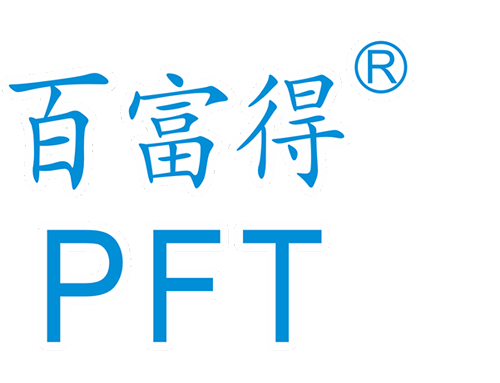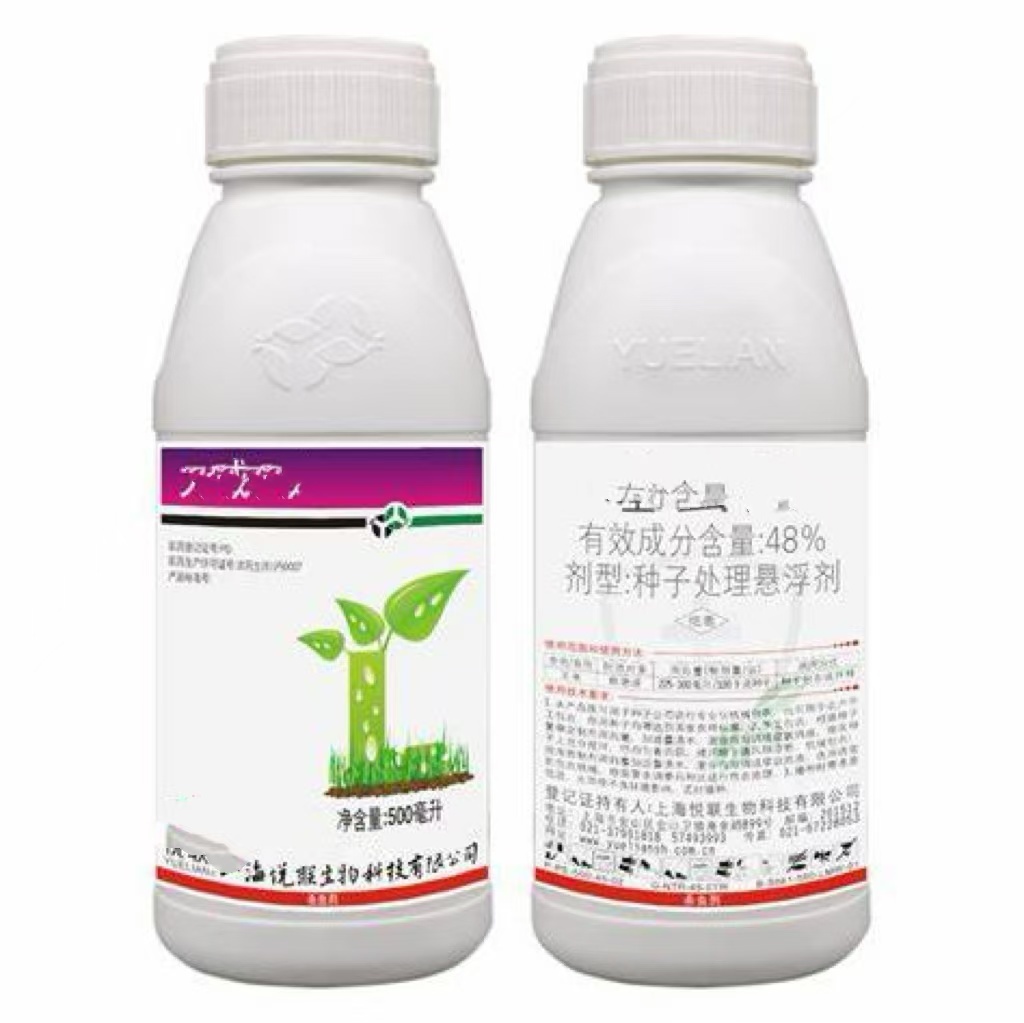Collaborative Approaches to Organic Plant Protection in Cooperative Farming
Time
2025-06-18
Collaborative Approaches to Organic Plant Protection in Cooperative Farming Table of Contents Introduction to Organic Plant Protection The Importance of Cooperative Farming in Agriculture Challenges in Organic Plant Protection Collaborative Methods for Plant Protection Integrating Knowledge and Resources Community-led Initiatives in Organic Farming Case Studies: Succes
Collaborative Approaches to Organic Plant Protection in Cooperative Farming
Table of Contents
- Introduction to Organic Plant Protection
- The Importance of Cooperative Farming in Agriculture
- Challenges in Organic Plant Protection
- Collaborative Methods for Plant Protection
- Integrating Knowledge and Resources
- Community-led Initiatives in Organic Farming
- Case Studies: Successful Collaborative Approaches
- The Future of Organic Plant Protection in Cooperative Farming
- Frequently Asked Questions
- Conclusion
Introduction to Organic Plant Protection
The global agricultural landscape is evolving, with a growing emphasis on sustainable practices that not only boost productivity but also safeguard the environment. Organic plant protection focuses on utilizing natural methods to manage pests and diseases, ensuring crops remain healthy without relying on synthetic chemicals. This approach aligns closely with the principles of cooperative farming, where collaboration among farmers can lead to more effective pest management strategies.
The Importance of Cooperative Farming in Agriculture
Cooperative farming refers to the collective efforts of farmers who pool their resources, knowledge, and labor to achieve common agricultural goals. This approach enhances productivity and allows for shared decision-making, which is crucial in managing organic plant protection. By working together, farmers can address issues more efficiently and sustainably, fostering a community that prioritizes ecological balance and healthy crop production.
Benefits of Cooperative Farming
1. **Resource Sharing**: Farmers can share tools, machinery, and knowledge, reducing costs and increasing efficiency.
2. **Collective Knowledge**: The pooling of experiences leads to better-informed decisions regarding pest management and crop health.
3. **Increased Bargaining Power**: Cooperatives can negotiate better prices for inputs and access to markets, ensuring a more stable income for smallholder farmers.
Challenges in Organic Plant Protection
While organic plant protection offers numerous advantages, it is not without challenges. These challenges can be exacerbated in cooperative settings if not addressed collectively.
Common Challenges
1. **Limited Knowledge**: Many farmers may lack access to the latest organic farming practices and pest management techniques.
2. **Resource Constraints**: Smaller cooperatives might struggle with funding for necessary resources and training.
3. **Pest Resistance**: Over time, pests may develop resistance to natural deterrents, necessitating ongoing research and adaptation of strategies.
Collaborative Methods for Plant Protection
To effectively manage pests and diseases in organic farming, collaborative methods can be instrumental. These methods encompass various approaches that leverage the strengths of cooperative farming.
Integrated Pest Management (IPM)
IPM is a holistic approach that combines various strategies for pest control. By pooling resources and knowledge, cooperative farmers can implement IPM more effectively. This approach includes:
- **Biological Control**: Introducing natural predators to control pest populations.
- **Cultural Practices**: Sharing information on crop rotation, intercropping, and other practices that enhance soil health and prevent pest outbreaks.
- **Monitoring and Forecasting**: Collaborating on data collection and analysis to predict pest movements and outbreaks.
Participatory Research and Development
Engaging farmers in the research process ensures that solutions are practical and relevant. By collaborating with agricultural scientists and extension services, cooperatives can:
- Identify local pest challenges.
- Develop tailored solutions that consider local environmental conditions.
- Share findings through workshops and community meetings.
Integrating Knowledge and Resources
A successful collaborative approach hinges on integrating the diverse knowledge and resources available within a cooperative. This can be achieved through:
Training and Workshops
Organizing regular training sessions allows farmers to stay updated on organic practices and pest management strategies. These workshops promote:
- Knowledge exchange: Experienced farmers can mentor others.
- Practical demonstrations: Farmers can witness effective techniques firsthand.
Establishing Networks
Creating networks of farmers, agronomists, and researchers facilitates information sharing. These networks can lead to:
- Access to expertise: Farmers can consult specialists for targeted pest management advice.
- Collaboration on research projects that address specific local challenges.
Community-led Initiatives in Organic Farming
Community-led initiatives play a critical role in promoting organic plant protection. These initiatives foster collaboration and empower farmers to take charge of their agricultural practices.
Creating Local Seed Banks
By establishing seed banks, cooperatives can preserve local varieties that are better adapted to specific environmental conditions. This approach:
- Enhances biodiversity: Diverse crops are less susceptible to pests and diseases.
- Provides farmers with a reliable source of seeds: Farmers can access seeds that are well-suited to their local conditions.
Participatory Certification Programs
Collaborative certification programs can help farmers achieve organic certification. By working together, farmers can share the costs and responsibilities associated with certification, making it more accessible.
Case Studies: Successful Collaborative Approaches
Examining successful case studies provides insights into effective collaborative approaches to organic plant protection.
Case Study 1: The Organic Farming Cooperative in Kenya
In Kenya, a group of smallholder farmers formed a cooperative focused on organic farming. By sharing resources and knowledge, they successfully implemented IPM practices that significantly reduced pest damage while improving yields. Regular training sessions and community meetings allowed farmers to discuss challenges and solutions openly.
Case Study 2: The Community-Based Organic Farming Project in India
In India, a community-based project promoted organic farming practices through farmer-led workshops. The project facilitated knowledge sharing about natural pest management techniques, leading to a decrease in pesticide use and improved crop health across the region.
The Future of Organic Plant Protection in Cooperative Farming
As the demand for organic produce continues to rise, the future of organic plant protection in cooperative farming looks promising. By embracing collaborative approaches, farmers can tackle challenges more effectively and create sustainable agricultural systems.
Emerging Technologies and Innovations
Future advancements in technology, such as precision agriculture and data analytics, can enhance collaborative efforts in organic farming. Farmers can use these tools to monitor crop health and pest populations in real-time, facilitating timely interventions.
Strengthening Policy Support
Supportive policies from governments and organizations can bolster cooperative farming initiatives. By providing funding, training, and resources, policymakers can empower cooperatives to implement sustainable practices that benefit both farmers and the environment.
Frequently Asked Questions
1. What is collaborative farming?
Collaborative farming involves farmers working together to share resources, knowledge, and labor for mutual benefit, enhancing agricultural productivity and sustainability.
2. How does organic plant protection differ from conventional methods?
Organic plant protection focuses on natural methods to control pests and diseases, avoiding synthetic chemicals to promote ecological balance and soil health.
3. What are some common organic pest management techniques?
Common techniques include biological control, cultural practices, and integrated pest management (IPM), which combines various strategies for effective pest control.
4. How can cooperatives facilitate knowledge sharing?
Cooperatives can organize training sessions, workshops, and community meetings, allowing farmers to exchange experiences and learn new techniques.
5. What role do local seed banks play in organic farming?
Local seed banks preserve diverse plant varieties, enhancing biodiversity and providing farmers with seeds that are well-adapted to their local environment.
Conclusion
The collaborative approaches to organic plant protection in cooperative farming present a pathway towards more sustainable and resilient agricultural systems. By leveraging the collective strengths of farmers, sharing knowledge, and fostering community initiatives, cooperatives can overcome challenges and enhance their organic farming practices. As we look to the future, embracing collaboration and innovation will be crucial in promoting healthy crops and protecting our environment for generations to come.
Latest News






